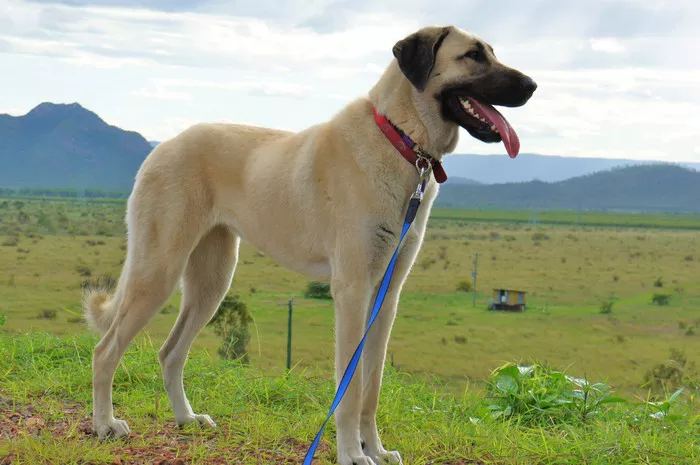The Anatolian Shepherd Dog is an ancient breed originating from Turkey, primarily used to protect flocks from predators. Known for their strict social structure and independence, they are not suitable as family pets. However, for those who own Anatolian Shepherd Dogs, understanding their dietary needs is crucial.
Basic Dietary Principles
Anatolian Shepherd Dogs require a balanced and nutritious diet to support their physical activity and health. This means their diet should include adequate amounts of protein, fats, carbohydrates, as well as essential vitamins and minerals. Protein is crucial for maintaining and repairing body tissues, while fats are an important source of energy. Carbohydrates help provide sustained energy, while vitamins and minerals are essential for the immune system and overall health.
Recommended Food Types
For Anatolian Shepherd Dogs, high-quality dry dog food is usually the best choice. Dry dog food typically contains balanced nutritional components and is convenient for storage and transportation. When choosing dog food, ensure it meets the specific nutritional needs of the breed and is produced by reputable brands to ensure quality and safety.
Considerations
When feeding Anatolian Shepherd Dogs, several points should be considered:
Balanced Nutrition: Ensure the dog food contains all essential nutrients, including protein, fats, carbohydrates, as well as vitamins and minerals.
Moderate Feeding: Avoid overfeeding, as excess food can lead to obesity and other health issues.
Fresh Water Supply: Always provide your dog with fresh drinking water.
Avoid Allergens: If your dog has a history of allergies, make sure the dog food does not contain known allergens.
Conclusion
In conclusion, Anatolian Shepherd Dogs require a specially designed balanced diet to support their unique physiological needs and activity levels. By providing high-quality dry dog food and an adequate water supply, you can ensure your dog remains healthy and energetic. If you have any questions about your dog’s nutritional needs, it is advisable to consult a veterinarian or professional pet nutritionist.


